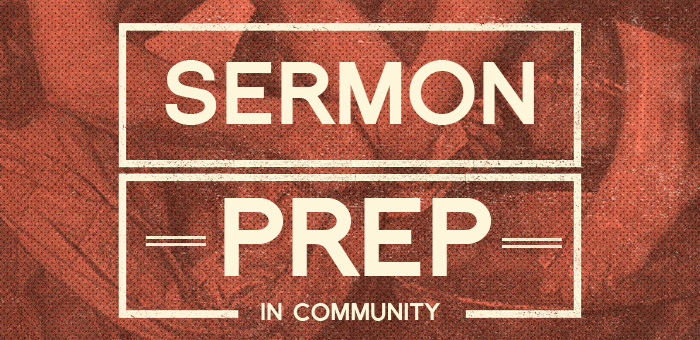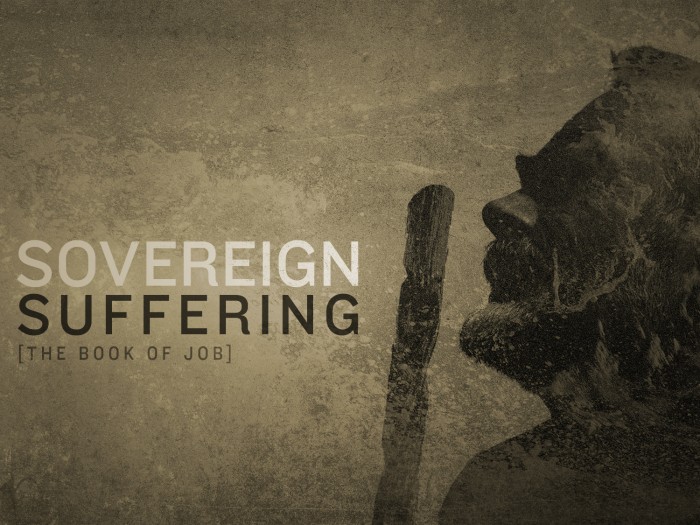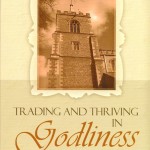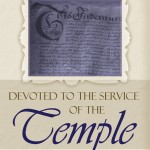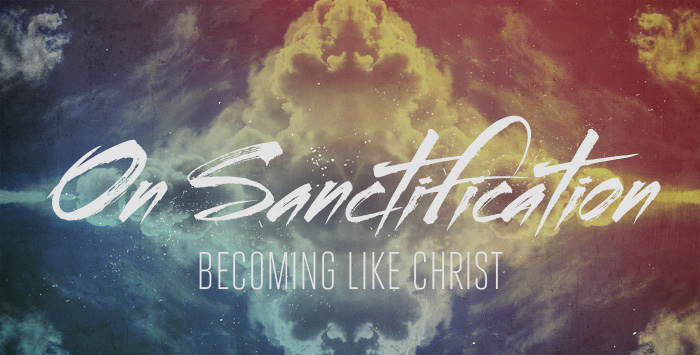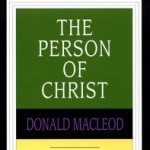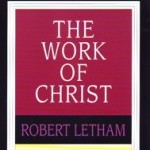I think it was sometime in late 2011 that, while I was an Associate Pastor at Providence Church, we created a regular gathering time to discuss the coming Sunday’s sermon text. The meeting consisted of pastors and interns and functioned as something like “Sermon Prep in Community.”
And we called it “The Holy Club.”
A SERMON PREP SMALL GROUP
The name might sound rather pretentious, but it actually has historical precedent. We took our cue from the original 18th century Holy Club that included the Wesley brothers and George Whitefield.1 Their pursuit was largely one of external righteousness, but ours was one of understanding and applying the soon-to-be-preached-on passage of Scripture. Afshin Ziafat, the lead pastor at Providence, would tell us what text he was planning to preach from and his initial thoughts on the sermon. Then he would let other guys in the room give their observations about the text, consider potential objections within the text, and offer vital applications from the text.
For a variety of different reasons – and none of them very good – we have yet to institute our own weekly version of “The Holy Club” at IDC, but in the last few weeks I’ve felt a renewed sense of such a group’s importance. Let me give you three reasons, from my past experience, to consider instituting your own sermon prep small group at your church. These are in fact the very reasons I’m working on putting together our own IDC Holy Club.
3 BENEFITS OF COMMUNAL SERMON PREP
#1: Reception of diverse insights. If you prepare each week’s sermon in your own ivory tower you’ll run the risk of letting personal presuppositions or experience drive your sermonic construction. It’s wonderfully helpful to have other Christians give their initial observations and insights. Who knows, they may spot a particular phrase that seems plain to your mind, but is actually hard to unravel for most church members. What I’ve found to be most useful in these types of settings is the variety of applications other people bring out of the text. There can be a tendency in sermon preparation to universalize experience and thus your sermon gets pointed power through hearing and seeing how other people experience the text’s truth.
#2: Promotion of pastoral humility. You won’t seek out other thoughts on the text if you pridefully think yours needs no improvement. Doing sermon prep in community will give you multiple opportunities to humble yourself through recognizing another person’s insights as clearer, bolder, or wiser.
#3: Training of future preachers. Young and aspiring preachers learn the art of sermon delivery in the weekly worship gathering, but they also need to learn the art of sermon preparation. A sermon prep small group will go a long way in helping them discern how best to construct their own practice of sermona preparation.
AN EASY PLACE TO START
Don’t know where to start building your own Holy Club? Here’s a simple suggestion: start with your elders. Spend time at your regularly scheduled elders’ meeting(s) talking about the coming weekend’s text. Get their insights, wisdom, and experience from the text. Tell them what your main point is and how you intend to divide the text for clarity and comprehension. Or, if your elders meet early in the sermon process, use their remarks as something like a catalyst for the week’s preparation.
Or maybe you currently don’t have elders. Well, if you are being faithful to Paul’s injunction to Titus to appoint elders you should at least have couple men on your radar. Invite them into your preparation process. Who knows, it may end even up being something like informal elder training.
——————————————————————————————————————————–
- Click here for a summary of the original Oxford Holy Club’s activities. ↩

